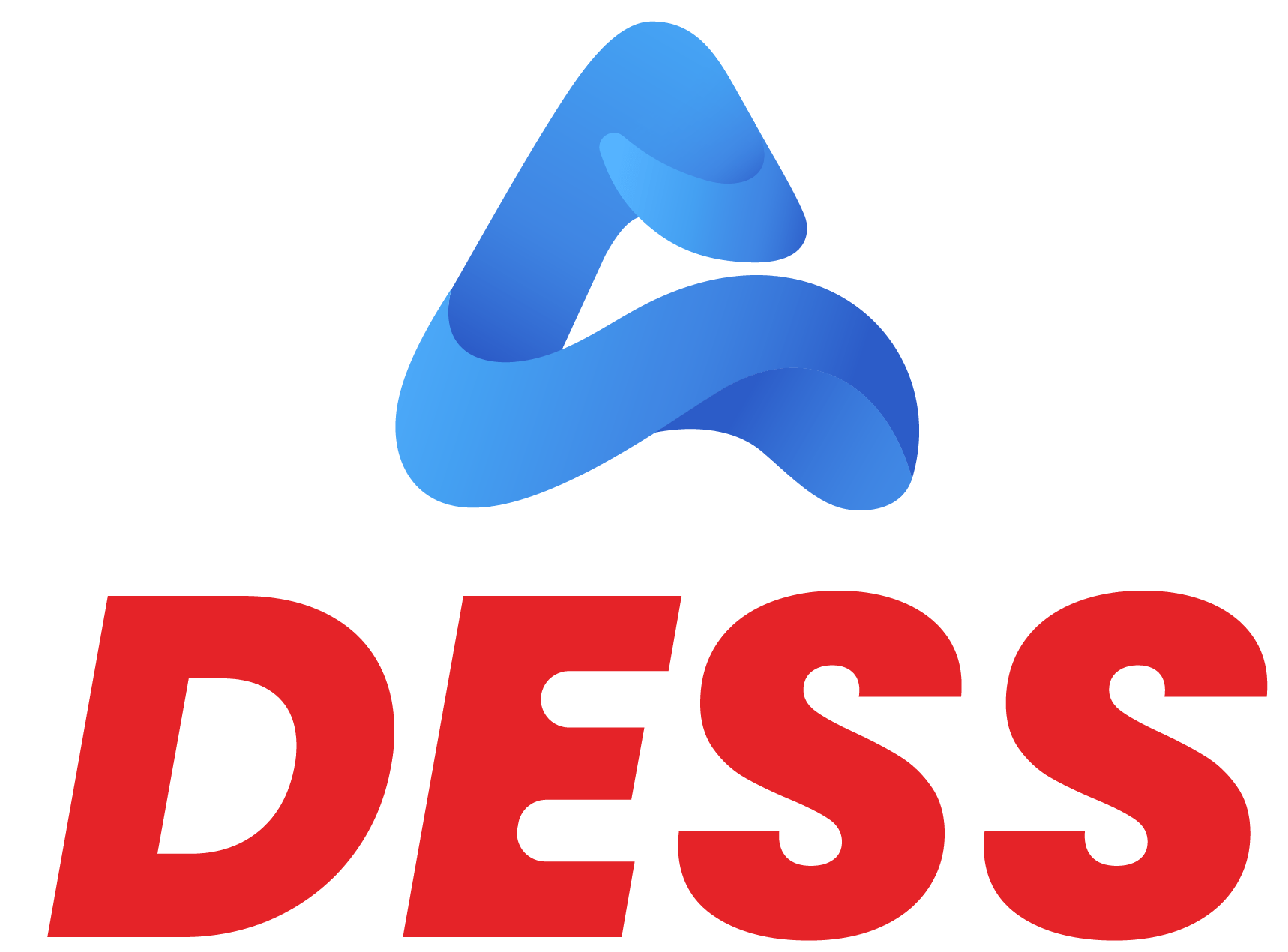Introduction
When a board goes public, it transitions to making its shares available to the general public. A significant number of changes result from this important event in a company’s history, including adjustments to the board members’ responsibilities. Our analysis here includes a thorough knowledge of the special opportunities and the challenges faced by board members navigating the intricate waters of public ownership. This blog post will examine how a board member’s responsibilities alter when a company goes public.
While it is known that a company that goes public can gain additional resources such as increased liquidity, resources for debt resolution or reduction and the status of a listed company among other advantages, it also means increased scrutiny, compliance with sustainability regulations and most importantly, maintaining optimal shareholder relations. Board members must deal with new risks, rewards and diverse shareholder requirements, which include institutional as well as retail shareholders, in addition to adjusting to increased governance and compliance standards.
As per an analysis by the CFA Institute’s Research and Policy Center, the essential responsibility of a listed company’s board with respect to its shareholders is that the board has financial and other responsibilities to keep the corporation running efficiently in order to ensure that the shareholders do not lose their investments. How do board members meet their diverse obligations and adjust to dynamic changes? Let’s find out.
The Board of Directors’ Responsibilities in a Company
To understand the innate role of board members, we know that the board of directors is in charge of regulating a company’s management. They are also in charge of formulating strategic decisions, establishing goals and objectives, and ensuring that the business is operated in accordance with its core principles and mission. For instance, an audit committee, which is an inherent part of the board structure, ensures that the accountability of a company is met in fulfilling its different obligations relating to disparate compliances and regulations.
Changes in the Role of Board Members After the IPO
An IPO (initial public offering) or any other form of listing marks a significant milestone in the life of a company and it comes with many inherent changes. One of the most significant changes is the role of board members. Non-executive board members of private companies have more of an advisory nature of responsibilities, whereas board members, be it executive or non-executive, of public companies have specific committees as well as subject matter experts who participate in board meetings as invitees and attendees and collaborate with the board members.
Board members’ responsibilities dramatically shift after a firm becomes public. Board members now need to concentrate more on compliance and regulatory requirements. Public businesses are subject to additional rules and oversight. Directors must increasingly be open and act in the best interests of a diverse set of shareholders.
How Board Members Delegate Their Duties After Getting Listed
Board members need to delegate some duties after getting listed, but not all. They are still liable for the delegates’ actions and must set clear terms and monitor their performance. Delegation can improve board efficiency and effectiveness.
Fiduciary Duties of Private and Public Board Members
The board members’ fiduciary duties apply to both private and public companies. They must handle the organization’s business and assets with proper diligence, honesty, and good faith in order to fulfill their tasks. Along with acting in line with the organization’s goal and purpose, they also need to stay clear of conflicts of interest. Board members can make sure they are in the public interest and serving stakeholders’ interests by carrying out their fiduciary duties.
Increased Liability for Public Board Members After the IPO
When a business chooses to go public, it indicates that it will make its shares available to the public for the first time via an IPO. The Companies Act of 2013 and the SEBI rules and regulations, which work to safeguard the interests of the public and investors, are only two examples of the laws and regulations that must be followed during this procedure. This, however, also makes the company’s board members more liable for any fraud, omission, or misrepresentation in the offer document or in any subsequent reports that they must file following the IPO. In addition, insider trading, takeover threats, conflicts of interest, and speculative attacks on their stocks could affect board members. As a result, following an IPO, public board members are far more liable. Board members will need to devote a significant amount of time to planning the necessary adjustments before becoming public.
How Regulatory Matters Have Changed the Role of Public
Regulatory issues have drastically altered the role of public companies. A number of circumstances could cause them to change, demanding the adoption of new regulatory procedures and regulations. Public officials and organizations need to be flexible and enhance the governance and quality of regulations.
For example, the Indian Companies Act, 2013 has mandated particular duties for auditors, management, audit committee members, and board members. Boards must declare that internal financial controls have been established and are being followed by the company, and that these measures are sufficient and functioning as intended. It is mandatory for auditors to express their individual opinion regarding the adequacy of the company’s IFC system and the efficiency with which it operates. The requirement is supplementary to the financial statement audit opinion.
How Board Meetings Software Can Facilitate The Transition
A board meetings software can improve the efficiency of board members and help them manage their critical responsibilities by giving them a more productive way to manage their schedules, collaborate with other board members, access crucial information on-the-go from around the world, fulfill ESG goals and other sustainability targets, access analytical information among other advantages. Dess Digital Meetings is the proven software solution that helps board members collaborate more efficiently for board meetings and committee meetings.
Dess Digital Meetings provides an end-to-end solution for managing meetings such as pre-meetings agenda preparation, agenda distribution, collaboration during meetings, and post-meetings follow-up. It offers features such as voting, task tracking, document sharing, note-taking, and communication tools. Dess Digital Meetings also provides secure access controls to ensure that only authorized personnel can access sensitive information.
It is designed to be user-friendly with an intuitive interface that requires no or minimal training. It also offers mobile apps for iOS and Android devices so that directors can securely access their meetings information even when on-the-go.
Conclusion
Going public is a significant event in the life of a company, and it brings about many changes, including changes in the role of board members. Board members must be prepared for these changes and must work closely with management as well as shareholders to ensure that the company is being run effectively.
This blog post has explored how Dess can help boards collaborate more efficiently during meetings by providing an end-to-end solution for managing meetings such as pre-meetings agenda preparation, agenda distribution, collaboration during meetings, and post-meetings follow-up.
About Dess:
Dess Digital Meetings is the world’s easiest-to-use board portal software for paperless board and committee meetings. Leading organizations in over 25 countries prefer Dess as their choice for efficient and effective board meetings software.
Dess believes in enhancing the value of information globally by harnessing unstructured data to empower the right people at the right time using the right technology. With its group of highly competent and motivated people, it has implemented several first-of-its-kind solutions.
To know, please click here or write to [email protected]



